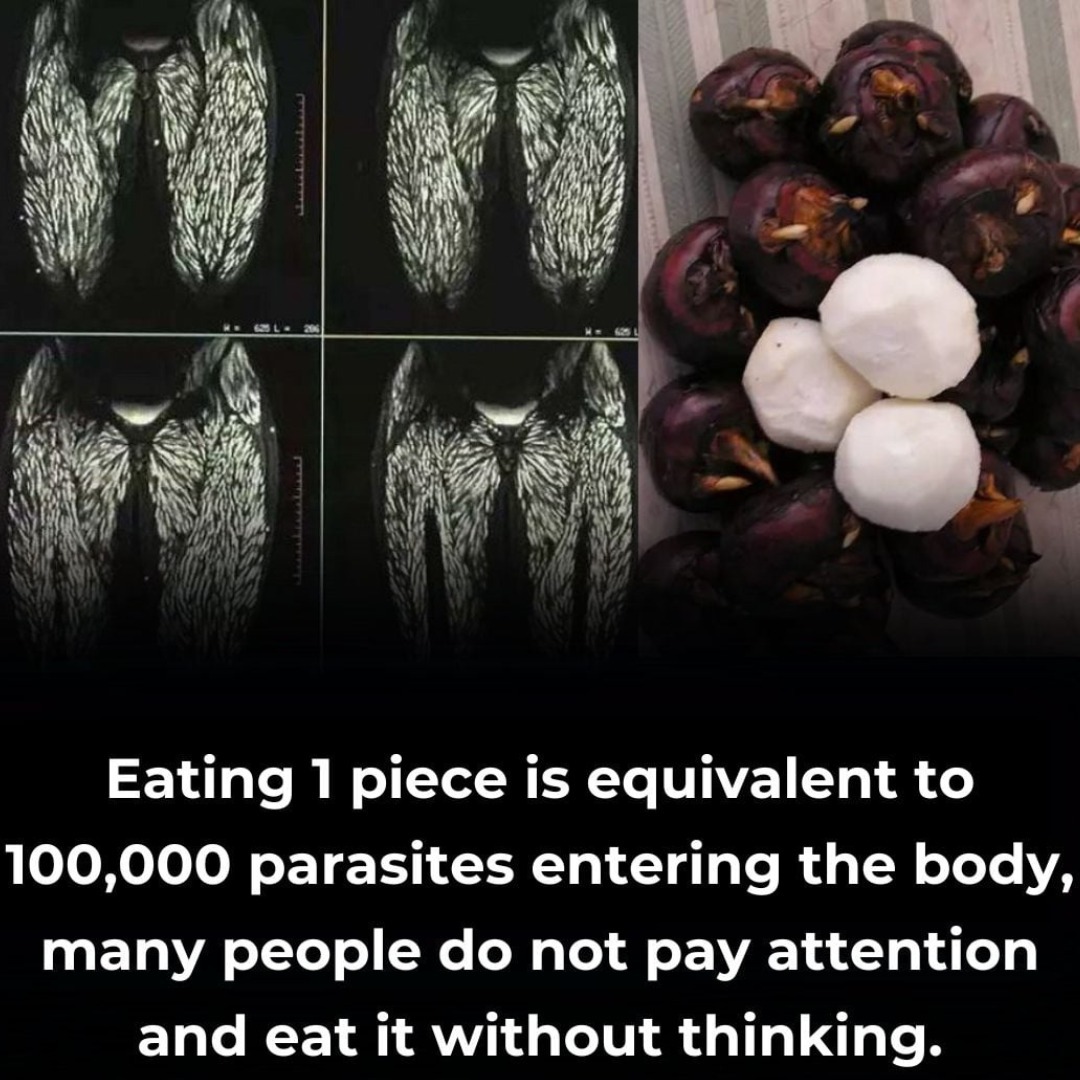In today’s fast-paced world, convenience often takes precedence over health, leading many people to consume foods that may be harmful—even in small amounts. While indulging in a single bite of certain foods might not seem like a big deal, the truth is that some ingredients can have detrimental effects on your body, even in minimal quantities. Let’s explore why this happens and why so many continue to overlook these risks.
Why One Bite Can Be Harmful
Highly Processed Ingredients
Many processed foods contain additives, preservatives, and artificial flavors that are designed to enhance taste and shelf life but can negatively impact health. For example:
Trans fats : Found in fried foods, baked goods, and margarine, trans fats increase bad cholesterol (LDL) and decrease good cholesterol (HDL), raising the risk of heart disease—even with occasional consumption.
Artificial sweeteners : Products containing aspartame or saccharin may disrupt gut bacteria and metabolism, potentially contributing to weight gain and metabolic disorders.
Excessive Sugar Content
A single bite of sugary snacks or beverages can spike blood sugar levels, leading to insulin resistance over time. This is especially concerning for those predisposed to diabetes or obesity.
Salt Overload
High-sodium foods, such as chips, pretzels, or processed meats, can raise blood pressure with just one serving. Regular exposure to salty foods contributes to cardiovascular issues and kidney problems.
Toxic Compounds
Some foods contain naturally occurring toxins or contaminants that accumulate in the body over time. Examples include:
Acrylamide : Formed when starchy foods like fries or toast are cooked at high temperatures, acrylamide has been linked to cancer in animal studies.
Mycotoxins : Found in moldy nuts, grains, and coffee beans, mycotoxins can weaken the immune system and cause long-term damage.
Why Do People Still Eat It?
Despite knowing the potential dangers, many individuals continue to consume harmful foods without hesitation. Here are some reasons why:
Addiction
Certain foods trigger dopamine release in the brain, creating a pleasurable sensation that makes them addictive. Foods high in sugar, fat, and salt are particularly habit-forming, making it hard to stop after just one bite.
Lack of Awareness
Not everyone understands the full extent of how specific ingredients affect their health. Misleading marketing tactics and unclear labeling further confuse consumers about what they’re actually eating.
Convenience and Cost
Processed and unhealthy foods are often cheaper and more accessible than fresh, whole foods. Busy lifestyles lead people to prioritize quick meals over nutritious ones.
Cultural Norms
In some cultures, certain unhealthy foods are considered staples or celebratory items. Breaking away from tradition can feel challenging, even if it means improving health.
see next page
ADVERTISEMENT

